long-term care best practices, industry updates, and more
The LTC Innovation Blog
Clear Filters
Subscribe
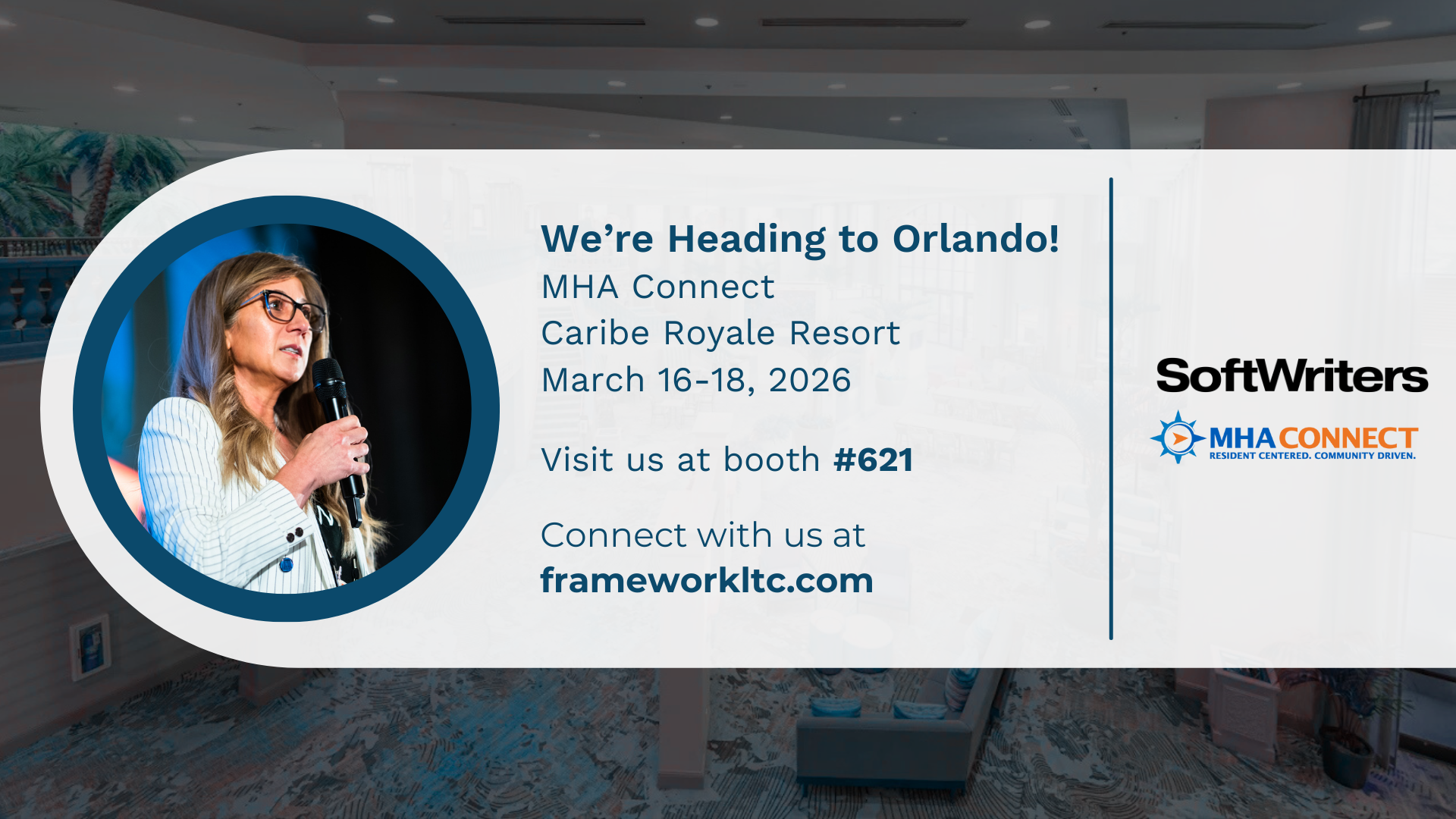
February 16, 2026
|
Tradeshows,
Business
Get Ready for MHA Connect: SoftWriters among Speakers, Exhibitors at Reimagined Event
From March 16–18, SoftWriters will be heading to Orlando, Florida, to exhibit at MHA Connect 2026, taking place at the Caribe Royale Resort—and we’re excited to be part of this newly reimagined event.
Read More
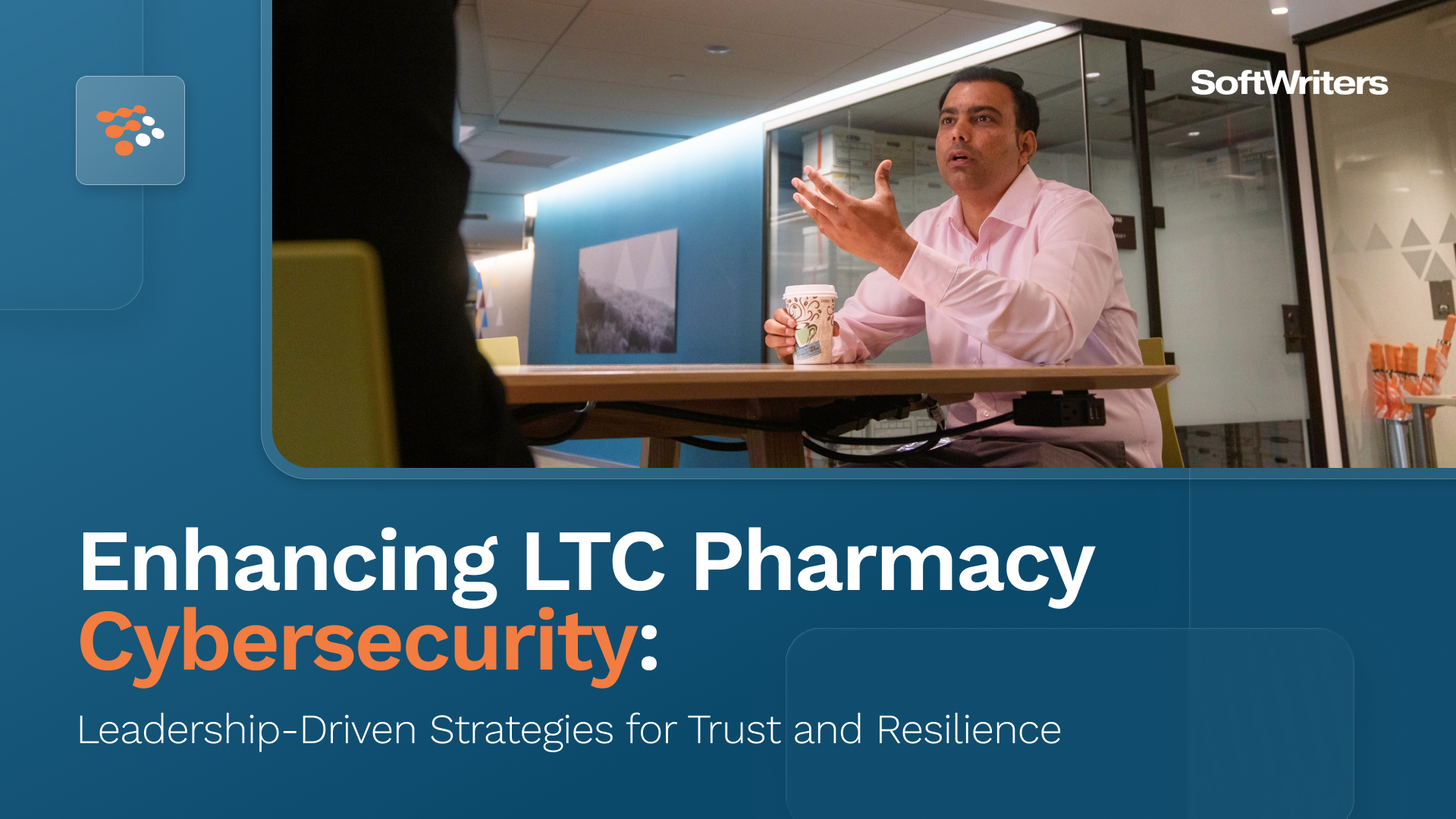
February 2, 2026
|
CMS,
Artificial Intelligence,
Cybersecurity
Enhancing LTC Pharmacy Cybersecurity | FrameworkLTC
Cybersecurity has become a critical priority for long-term care (LTC) pharmacies. With increasing cyberattacks targeting healthcare providers, pharmacies handling sensitive patient information are particularly vulnerable. A breach or failure to safeguard data can result in severe financial and reputational damage. However, protecting a pharmacy’s infrastructure, patient data, and operational systems requires more than just technology—it starts with strong leadership.
Read More

January 28, 2026
|
Business,
Artificial Intelligence,
Automation
Why Artificial Intelligence Initiatives Fail | FrameworkLTC
AI is having a moment. In healthcare the pressure to “do something with AI” is everywhere. But here’s the uncomfortable truth: most AI projects fail.
Read More
.png)
January 15, 2026
|
Regulatory,
Reimbursement,
CMS,
CMS Final Rule,
Artificial Intelligence
Reducing Medication Errors in LTC: A Data-Driven Approach to MMRs
In 2026, long-term care pharmacies must evolve to meet the rising demand for medication safety, compliance, and efficiency. With more medications per patient and increasing regulatory scrutiny, a data-driven medication management review process is essential to ensure safe, effective care. Here’s how FrameworkInsight can help pharmacies stay ahead.
Read More
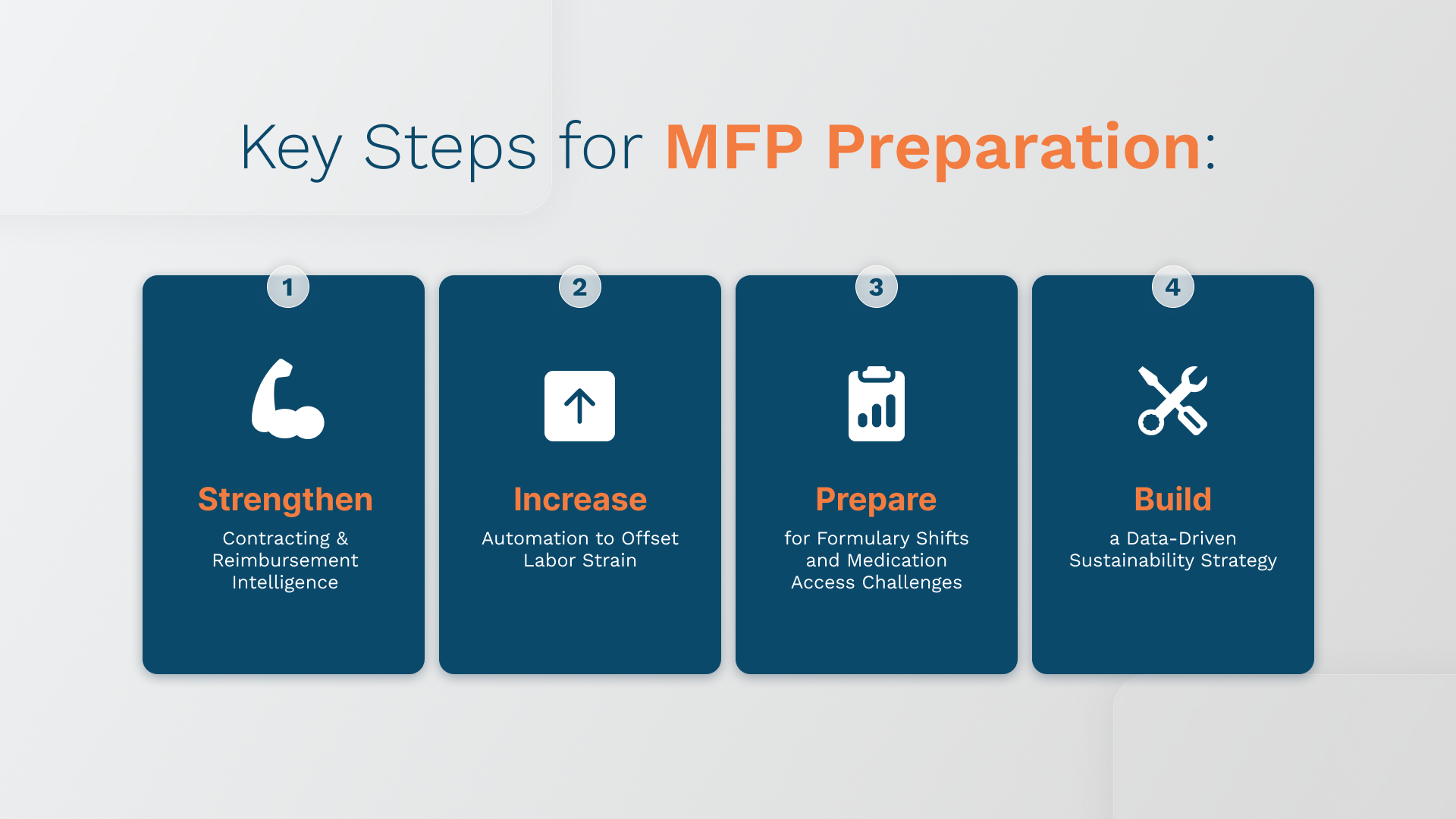
January 13, 2026
|
Regulatory,
Reimbursement,
CMS,
CMS Final Rule,
Artificial Intelligence
How LTC Pharmacies Can Prepare for MFP: 4 Key Steps to Thrive
As the Maximum Fair Price (MFP) era looms large for long-term care (LTC) pharmacies, the need for preparation has never been greater. The Inflation Reduction Act (IRA), which introduces significant changes to Medicare drug pricing, presents both a challenge and an opportunity for LTC pharmacies. Success in this new environment will depend on pharmacies' ability to adapt strategically while optimizing operations.
Read More
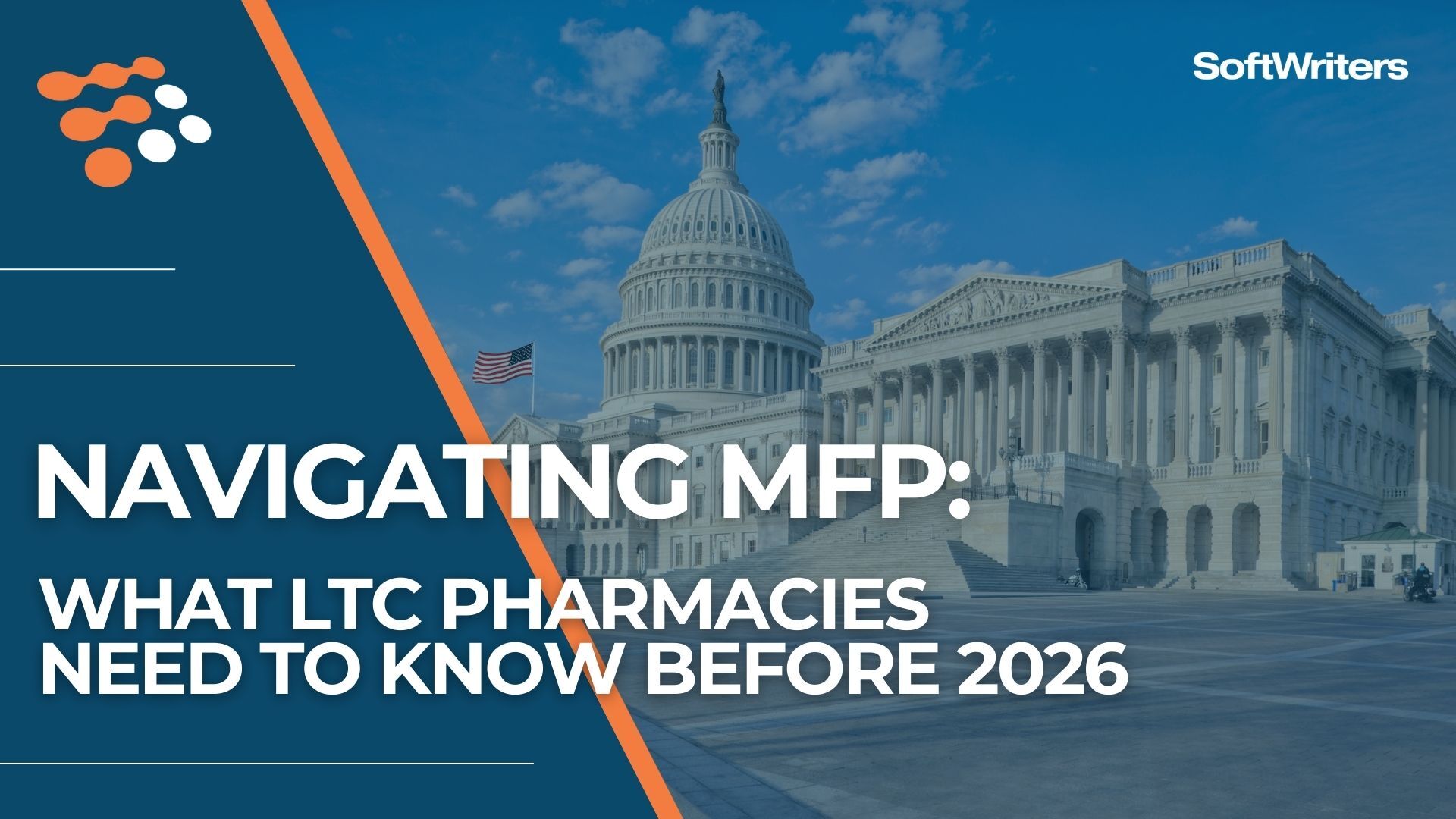
December 18, 2025
|
Regulatory,
Reimbursement,
CMS,
CMS Final Rule,
Artificial Intelligence
Navigating Maximum Fair Price: What LTC Pharmacies Need to Know Before 2026
Long-term care pharmacies are heading into one of the most significant reimbursement shifts in years. With the first set of medications entering the Medicare Drug Price Negotiation Program on January 1, 2026, LTC pharmacies must prepare now for the operational, financial, and clinical ripple effects that come with the introduction of the Maximum Fair Price (MFP) reimbursement framework.
Read More
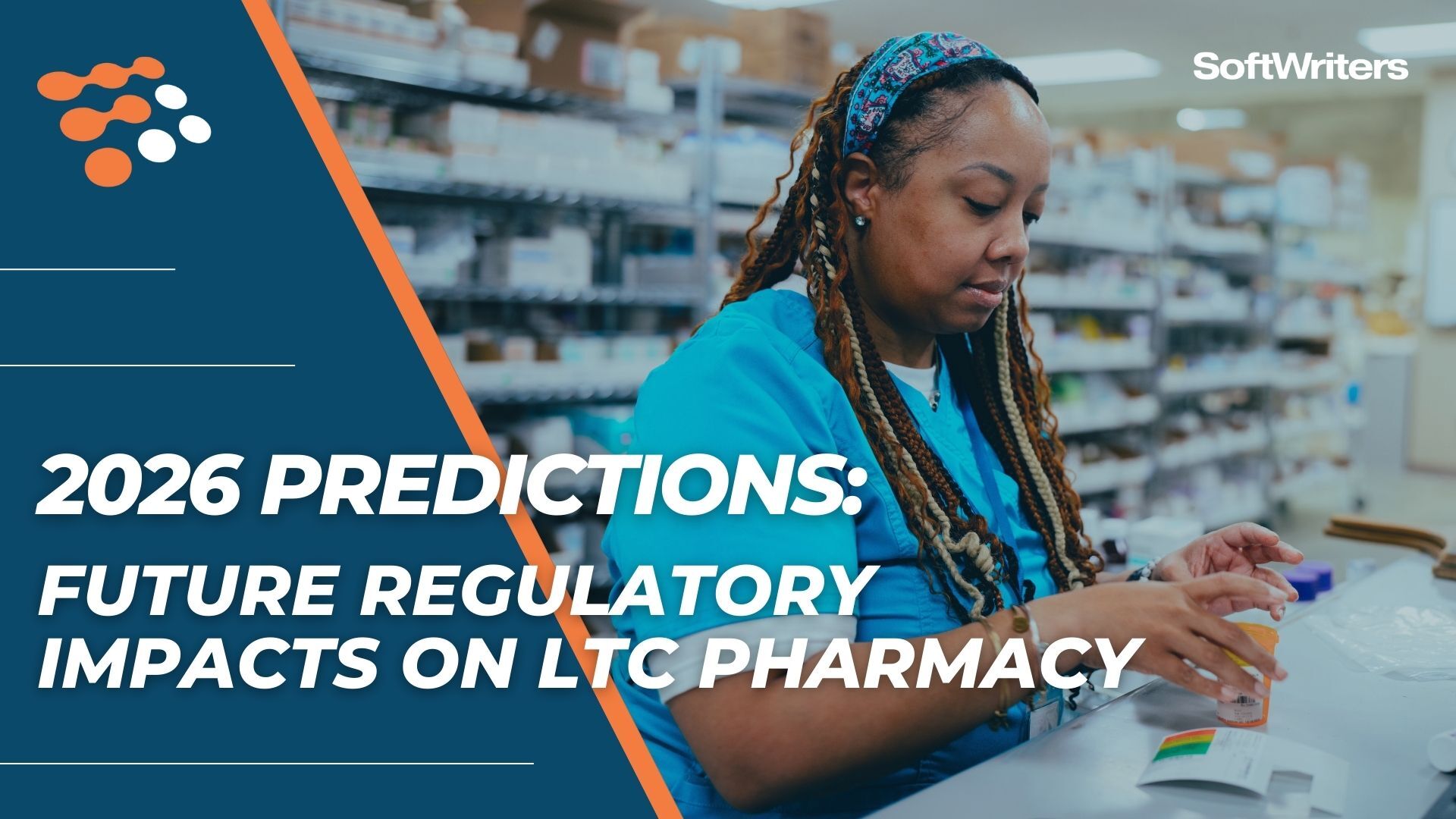
December 1, 2025
|
Artificial Intelligence,
FrameworkInsight
2026 Predictions: Future Regulatory Impacts on LTC Pharmacies
Regulation in long term care (LTC) pharmacy has always evolved alongside technology, but 2026 is poised to be a defining year. From AI compliance and data privacy to controlled substance monitoring and pharmacist oversight, new and proposed rules are expected to reshape how LTC pharmacies manage operations, documentation, and patient safety.
Read More

November 17, 2025
|
Artificial Intelligence,
FrameworkInsight
Can Pharmacies Trust Clinical-Grade AI?
For decades, long-term care (LTC) pharmacies have depended on technology to improve efficiency by reducing clicks, streamlining workflows, and simplifying documentation. But today’s challenges go beyond what simple automation can solve. Staffing shortages, drug shortages, compliance pressures, and the need for actionable insights redefine what innovation must deliver. FrameworkLTC is leading this evolution with clinical-grade AI that enhances–not replaces–human expertise.
Read More